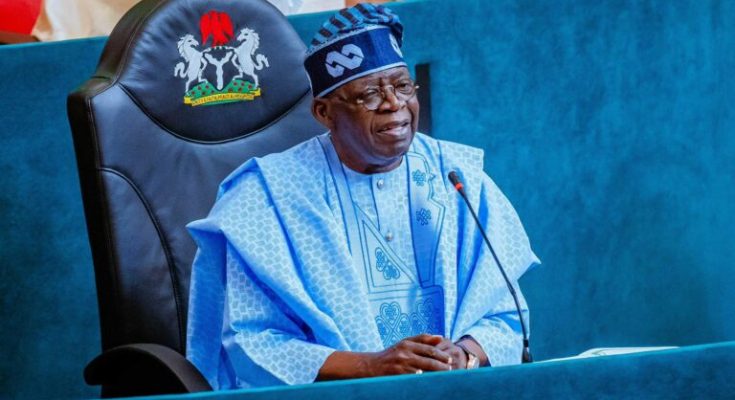Nigeria’s approach to international relations is being significantly influenced by President Bola Tinubu’s commitment to national sovereignty principles, business mogul and federal lawmaker Senator Jimoh Ibrahim has declared.
Speaking at a policy dialogue organised by the Institute of International Affairs in Lagos yesterday, Ibrahim highlighted what he described as a “foundational shift” in Nigeria’s diplomatic engagement under the current administration.
“President Tinubu’s foreign policy stance is firmly anchored on mutual respect between nations and the inviolability of sovereign rights. This approach is reshaping how Nigeria positions itself on the global stage and engages with international partners,” Senator Ibrahim stated.
The billionaire businessman, who represents Ondo South Senatorial District in the National Assembly, pointed to recent diplomatic engagements as evidence of this policy direction, particularly citing Nigeria’s response to regional challenges and bilateral negotiations with key economic partners.
“We are witnessing a pragmatic foreign policy that prioritises Nigeria’s economic interests while maintaining our dignity as a sovereign nation. The days of accepting unfavourable terms in international agreements simply to maintain relationships are behind us,” Ibrahim emphasised.
The senator, who serves on the Senate Committee on Foreign Affairs, further elaborated that the administration’s approach has strengthened Nigeria’s position in multilateral forums, particularly within the Economic Community of West African States (ECOWAS) and the African Union.
Foreign policy analysts have noted that this sovereignty-focused approach represents both opportunities and challenges for Nigeria’s international relations. Dr. Abubakar Mohammed of the Nigerian Institute of International Affairs told our correspondent that the strategy aligns with global trends.
“Many emerging powers are asserting their sovereignty more confidently in international relations. Nigeria’s pivot in this direction under President Tinubu reflects a broader realignment in global power dynamics,” Dr. Mohammed explained.
However, some diplomats speaking on condition of anonymity have expressed concerns that overemphasis on sovereignty could potentially isolate Nigeria from important international partnerships if not balanced with cooperative engagement.
Senator Ibrahim dismissed such concerns, insisting that respect for sovereignty strengthens rather than weakens international cooperation. “True partnership can only exist between equals who respect each other’s boundaries and interests. This is the foundation of President Tinubu’s diplomatic doctrine,” he maintained.
The senator also highlighted economic diplomacy as a critical component of the current foreign policy framework, citing ongoing efforts to attract foreign investments while protecting Nigeria’s economic sovereignty.
“The administration is strategically engaging with the international business community, creating investment opportunities while ensuring that such arrangements benefit Nigerian citizens and respect our laws and regulations,” Ibrahim stated.
Political observers note that Ibrahim’s comments carry significant weight given his dual position as both a prominent businessman with international connections and a member of the ruling party’s legislative caucus.
The dialogue, attended by diplomats, academics, and policy experts, concluded with participants acknowledging that Nigeria’s foreign policy direction under the current administration will likely continue evolving as global challenges emerge and regional dynamics shift.
